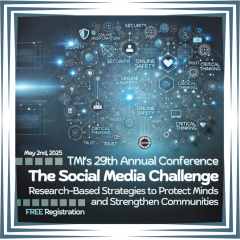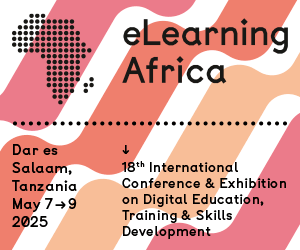Sheikh Mohammad's IT Education Project
 Dubai, June 2006 - ITEP was created six years ago as part of the vision of H.H. Sheikh Mohammed Bin Rashid Al Maktoum, Vice-President and Prime Minister of the UAE and Ruler of Dubai, to promote IT literacy in the UAE. Its goal is to help Emirati industry and society face the challenges of the new knowledge-based economy.
Dubai, June 2006 - ITEP was created six years ago as part of the vision of H.H. Sheikh Mohammed Bin Rashid Al Maktoum, Vice-President and Prime Minister of the UAE and Ruler of Dubai, to promote IT literacy in the UAE. Its goal is to help Emirati industry and society face the challenges of the new knowledge-based economy.
Today ITEP is the largest IT training provider in the UAE and has trained around 85,000 people since its inception. It provides customized training programmes as well as internationally recognized certification courses. ITEP currently has 70 specially trained IT teachers and 47 custom-built IT classrooms supported by an IT portal. The Dubai ITEP centre is the largest testing facility for the International Computer Driving Licence (ICDL), the global computer literacy certification.
IT Training for secondary school students
The organisation currently provides IT training to secondary school students of 39 public schools in Dubai and Abu Dhabi through a specialised eLearning solution developed in-house and an innovative learner-centred curriculum. In each school where it provides training, ITEP creates a purpose-built IT lab that provides an ideal atmosphere for IT learning. ITEP has so far successfully trained 70,273 secondary school students as part of its schools programme in addition to another 2,086 students in summer boot camps.
IT training for higher education institutions
ITEP also provides IT training to higher education institutions in the UAE. Its first initiative in this sector was to provide training to cadets of the Dubai Police Academy. Recently the Academy replaced its IT curriculum with the ICDL certification. ITEP has already initiated this implementation using its own ICDL GCC-approved courseware. ITEP also completely manages the IT training needs of the Islamic and Arabic College in Dubai. So far, ITEP has successfully trained 3,749 students of the Islamic and Arabic College and 777 officers and cadets of the Dubai Police Academy.
The I-teach program
In 2004, ITEP announced its ICDL certification training programme for 6000 teachers and administrators of the Dubai Education Zone. This was followed, in 2005, by another initiative for teachers, the I-Teach programme.
I-Teach promotes the use of ICT in educational establishments by providing teachers with a professional development program that leads to the Cambridge International Diploma in teaching with ICT. ITEP has successfully provided ICDL training to more than 1300 teachers and administrators of the Dubai Education Zone, and it has also trained 185 teachers under the I-Teach initiative.
Another key part of ITEP's programmes is the training it provides to government employees, which is aimed at enhancing productivity by upgrading IT skills. ITEP is training 12,000 UAE nationals working in various Dubai government departments to enable them to obtain the ICDL certification by 2007. Toward this goal, ITEP has built one of the largest ICDL testing centres and is conducting the training using accredited in-house-developed course material.
New IT literacy program for women
In a strategic partnership with the Dubai Ladies Club, an initiative of H.H. Sheikha Manal Bint Mohammed Bin Rashid Al Maktoum, ITEP is conducting training to empower women with IT skills. It has set up an IT lab in the Club and is in the process of implementing the program.
ITEP and special needs
ITEP offers IT courses to visually impaired students of Tamkeen, an initiative of H.H. Sheikh Mohammed Bin Rashid Al Maktoum, through innovative special-needs technologies. ITEP has also designed Tamkeen's English and Arabic websites. The site offers a version designed specifically for the visually impaired and another for users who do not require special accommodation.
ITEP is also involved in providing a customized IT training programme for the hearing-impaired students of the Al Thiqah Projects for Employment and Rehabilitation aimed at enhancing their employability.
One of the unique projects ITEP has implemented is the digitization of the manuscripts of the Al Azhar Library, one of the most ancient libraries in the Arab world. The project aims to protect these precious manuscripts by converting them into a digital format, eliminating the need for physical handling, and archiving them for future generations.










